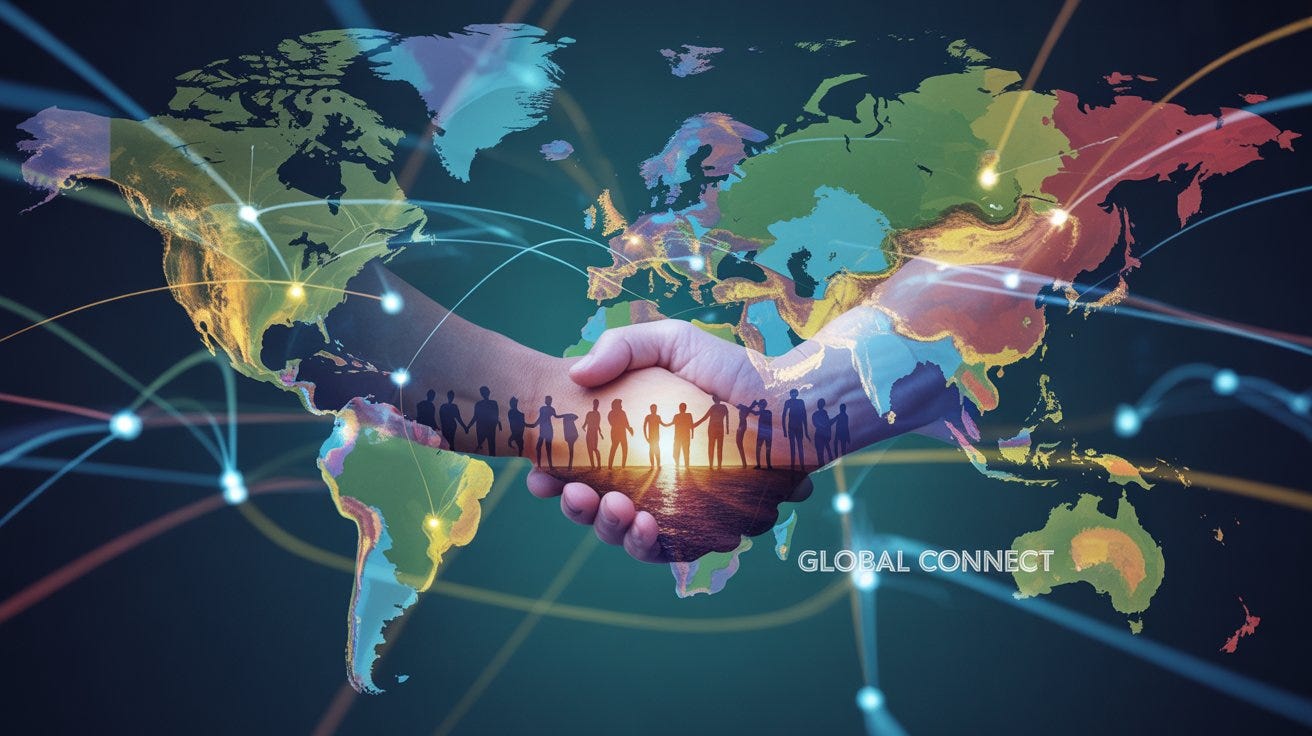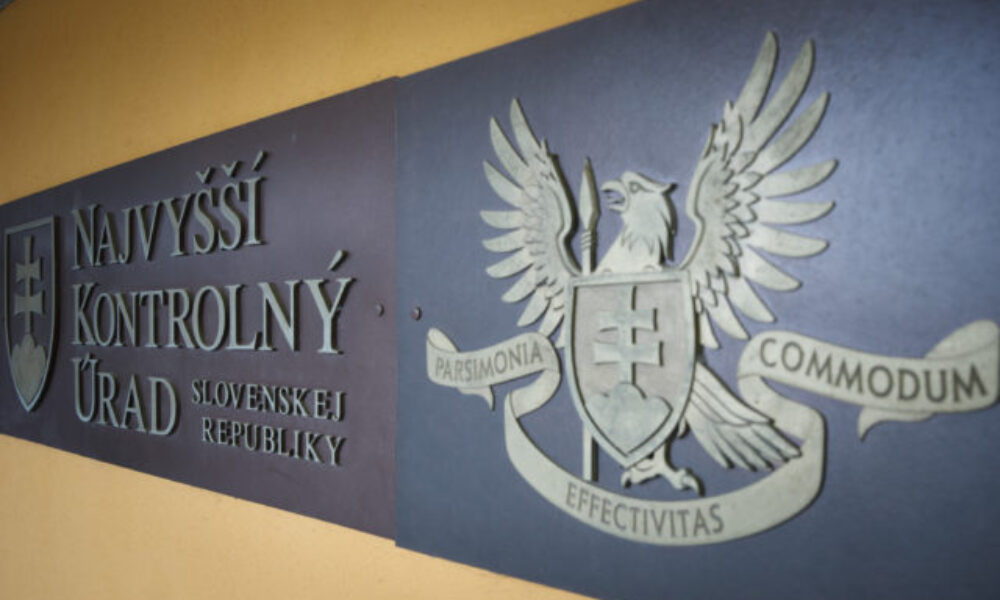
Artificial intelligence is no longer just a futuristic concept—it’s a 21st-century technological revolution with the potential to transform nearly every aspect of human existence. From healthcare diagnostics to transportation networks, AI offers unprecedented possibilities for societal advancement. Yet alongside these revolutionary opportunities come complex moral, legal, and societal challenges that demand careful navigation.
The BRICS+ nations—Brazil, Russia, India, China, South Africa, plus new members Egypt, Ethiopia, Iran, and the United Arab Emirates, with Indonesia recently joining key educational initiatives—are not merely observers in this global AI race. They are actively shaping their trajectory, representing a significant shift toward influencing technology-driven economic growth while addressing profound socioeconomic challenges within their borders.
This isn’t just about technological advancement. It’s about fostering responsible AI development that benefits society while upholding ethical standards, ensuring accountability and transparency, and building a more balanced, accessible, and resilient global information architecture. Ultimately, it’s about shifting the power balance away from Western tech giants toward a more pluralistic future.
The BRICS bloc is strategically positioning itself as a formidable force in international policymaking, advocating for systematic, inclusive, and equitable AI management that could become a blueprint for the rest of the world. At the core of this ambitious endeavor lies the drive for digital sovereignty—ensuring that AI development and deployment reflect each nation’s unique interests, cultural nuances, and economic objectives rather than solely relying on existing Western technological paradigms.
A watershed moment occurred at the 17th BRICS Summit in Rio de Janeiro on July 6, 2025, where leaders from the 11 largest emerging economies made a historic commitment. They adopted a joint declaration titled „Strengthening Global South Cooperation for More Inclusive and Sustainable Governance,“ which for the first time highlighted AI governance as a prominent agenda item.
The document explicitly recognizes AI as a „unique opportunity to drive progress toward a more prosperous future“ while critically noting that global AI governance „must mitigate potential risks and meet the needs of all countries, including those in the Global South.“ The summit concluded with a powerful call for a „collective global effort to establish AI governance that upholds our shared values, addresses risks, builds trust, and ensures broad and inclusive international collaboration and access.“
A cornerstone of this collective stance is strong advocacy for open-source artificial intelligence. The BRICS nations champion global sharing of technology and knowledge, emphasizing international cooperation to facilitate access to AI-based technologies and critical components. This includes removing barriers to financial resources needed for AI research and innovation, particularly for low- and middle-income countries.
The New Development Bank (NDB), chaired by former Brazilian President Dilma Rousseff, plays a pivotal role in this vision. In a major development, the NDB launched a substantial $5 billion Digital Sovereignty Fund in 2025, specifically designed to boost AI infrastructure including research parks, data centers, and chip manufacturing capabilities across BRICS nations. Rousseff has publicly endorsed this direction, stating the bank’s plans to „fully embrace AI“ and praising Chinese AI company DeepSeek as an „inspiring case for the Global South.“
The BRICS nations are also pushing for UN-led global regulatory frameworks for AI. This proposal emphasizes the need for AI governance informed by global ethical standards and inclusive engagement. The belief is that this centralized, multilateral approach would effectively mitigate risks while ensuring more equitable access to technology.
Several key alliances have already been established:
-
BRICS AI Study Group: Developing harmonized AI governance frameworks and standards
-
BRICS AI Industry Collaboration Network: Launched at the 2025 World AI Conference in Shanghai
-
International Artificial Intelligence Industry Alliance (AIIA) Global-Link: Fostering cross-national exchange and industrial integration
These initiatives, spearheaded by the China-BRICS Artificial Intelligence Development and Cooperation Center, brought together over 70 foreign experts from more than 30 international organizations, demonstrating impressive global collaboration.
The scale of this movement is remarkable: China’s AI industry alone surpassed 700 billion yuan ($97.5 billion) in 2024, maintaining over 20% annual growth for several consecutive years. These coordinated efforts are laying groundwork for frameworks that balance technological progress with geopolitical equilibrium.
Brazil’s federal structure significantly influences its AI policy development. The National Artificial Intelligence Strategy, launched in 2018, emphasizes substantial R&D investments, talent development, and ethical principles for AI implementation.
Key Achievements:
-
Wind and Solar Energy Forecasting System optimizing clean energy generation
-
MapBiomas using neural networks to monitor biomes and combat deforestation
-
Rio de Janeiro Operations Center demonstrating sophisticated data integration for urban resilience
-
Programa Brasileiro de Inteligência Artificial (PBIA) aiming to install one of the world’s top five most powerful supercomputers powered by renewable energy
Brazil is leveraging its 2025 BRICS presidency to explore a BRICS-led subsea cable network—a potentially 35,000-kilometer system funded by the New Development Bank to enhance digital sovereignty.
Challenges: Algorithmic bias affecting Afro-Brazilian populations, digital exclusion of rural and Indigenous communities, and transparency issues in smart city surveillance.
Russia’s centralized governance enables swift AI policy implementation with a strong emphasis on global competitiveness in defense, surveillance, and energy. The 2019 National AI Development Strategy earmarks $1.2 billion for defense-focused AI development, aiming for global leadership by 2030.
Key Initiatives:
-
Third Opinion system assisting radiologists in disease detection
-
Digital Agriculture program automating production with traceability and quality control
-
Active participation in the BRICS+AI Alliance through Sberbank
Challenges: Limited private sector participation, tight government control hampering transparency and ethical oversight.
India leverages its vast technical talent reservoir and expanding startup community through the National Strategy for AI (NSAI) launched in 2018. The „IndiaAI“ mission, a $1.2 billion program launched in 2023, supports open-source Indic language models and AI tools for agriculture, education, and healthcare.
Notable Applications:
-
Ayushman Bharat Digital Mission leveraging AI in telemedicine
-
Diksha portal provides personalized educational content in multiple regional languages
-
Kisan e-Mitra AI-powered chatbot providing farmers with weather forecasts and agricultural recommendations
Challenges: Digital divide, regulatory complexity, and data protection issues requiring human-centric governance approaches.
China’s centralized system enables rapid AI implementation intending to become the global AI leader by 2030. According to Stanford’s 2024 AI Index, China accounts for 47.2% of the world’s most-cited AI papers and tops global AI patent filings.
Major Achievements:
-
AI industry exceeded 700 billion yuan ($97.5 billion) in 2024
-
DeepSeek achieved over 30 million daily active users worldwide in under 20 days
-
Healthy China 2030 program incorporating AI platforms for medical analysis
-
Smart Agriculture Action Plan connecting small farmers through AI-optimized platforms
Concerns: Surveillance issues, data privacy, and limited public debate on ethical concerns due to strong state control.
South Africa‚s Draft National Artificial Intelligence Strategy (2019) emphasizes ethical AI governance and skills development, aiming to establish the country as a pioneer in ethical AI innovation.
Key Programs:
-
FutureProofSA using AI for personalized learning with future adaptability focus
-
Digital Skills Development Program fostering human-algorithm interaction training
-
Integrated Resource Plan using algorithms to integrate renewable energy into the power grid
Challenges: Algorithmic bias reinforces existing inequalities, and limited digital access concentrates benefits among urban elites.
Egypt’s Vision 2030 and National AI Strategy (2019) aim for regional AI leadership across education, healthcare, transportation, and smart cities. As a new BRICS member, Egypt is investing significantly in smart governance and AI research infrastructure.
Challenges: Limited civil liberties affecting inclusive policymaking, urban-rural disparities in AI access.
Despite challenges like limited digital infrastructure and political instability, Ethiopia’s „Digital Ethiopia 2025“ strategy demonstrates a commitment to AI-driven inclusive development. The Ethiopian AI Institute (EAI) serves as a central hub for research and capacity building.
Challenges: Centralized information control, frequent internet shutdowns, and limited civic space hinder inclusive AI governance.
Despite international sanctions, Iran pursues AI for modernization and self-reliance. The National Artificial Intelligence Strategy (2017) focuses on research, education, and industry partnerships. Recently, Iran unveiled six AI megaprojects focused on energy balance and infrastructure resilience.
Challenges: Censorship, limited transparency, and minimal civil society involvement in AI governance.
The UAE Artificial Intelligence Strategy 2031 aims for global AI leadership through innovation acceleration and digital transformation. The UAE has established robust regulatory frameworks through entities like the UAE AI Office and the Ministry of Artificial Intelligence.
Applications: Remote patient monitoring, individualized treatment planning, and advanced disease diagnosis in healthcare.
Challenges: Data privacy concerns with widespread surveillance, potential employment displacement from automation.
As a recent addition to the BRICS Network University, Indonesia focuses on AI in education. With the world’s fourth-largest education system (50+ million students), Indonesia views AI as crucial for educational quality enhancement.
Initiatives:
-
Rumah Pendidikan (Educational House) national platform for personalized learning
-
Plans to introduce AI and coding curricula to thousands of schools

Despite varying governance structures—from federal systems in Brazil, India, and Ethiopia to centralized systems in Russia, China, and the UAE—a common thread emerges: the central role of the state in steering AI governance.
Algorithmic Bias: Affecting marginalized populations across multiple nations, from Afro-Brazilian communities to various groups in India and South Africa.
Surveillance and Privacy: Persistent concerns in smart city initiatives, AI-powered surveillance systems, and data collection practices across the bloc.
Employment Displacement: AI-driven automation threatening jobs in low-skilled sectors, requiring proactive reskilling policies.
Misinformation and Deepfakes: Growing threats to information integrity demanding comprehensive response strategies.
The path forward requires:
-
Strengthening data protection laws and independent regulatory bodies
-
Ensuring algorithmic transparency and establishing auditing mechanisms
-
Investing in AI education and digital literacy, particularly for marginalized communities
-
Promoting ethical AI through public funding and regulatory sandboxes
-
Fostering inclusive, multi-stakeholder governance involving government, industry, academia, and civil society
-
Prioritizing international cooperation on AI ethics and best practices
This coordinated push for AI independence represents a crucial shift in global power dynamics. With a combined GDP exceeding $30 trillion and over 3 billion people, BRICS+ nations possess vast data resources and economic power. Their efforts to develop sovereign AI capabilities—from large language models to computational infrastructure—aim to break dependence on Western cloud providers and foundational models.
This collective action offers the world an alternative to existing technological power centers, demonstrating that robust AI development is possible outside Western regulatory frameworks. The establishment of collaborative platforms like the China-ASEAN AI Centre further demonstrates commitment to bridging digital skills gaps and supporting responsible AI deployment regionally.
The global landscape of AI governance is undergoing unprecedented transformation, with BRICS+ nations at the forefront of shaping a future where AI serves human welfare and promotes inclusive growth. While challenges remain—digital inequality, sophisticated misinformation threats, and the need for robust data protection—the commitment across the bloc to address these issues proactively signals a determined path toward a more equitable and sustainable digital era.
By focusing on inclusive, participatory approaches while continuously adapting governance frameworks to evolving AI landscapes, BRICS+ nations are working to reconcile innovation with ethical, legal, and societal considerations. This represents more than economic expansion or technological creativity—it’s about building a future where AI genuinely benefits society while upholding the highest ethical and accountable standards.
The rise of BRICS+ as a collective force in AI governance marks a pivotal moment in technological history, one that could fundamentally reshape how the world approaches artificial intelligence development, deployment, and regulation in the decades to come.










